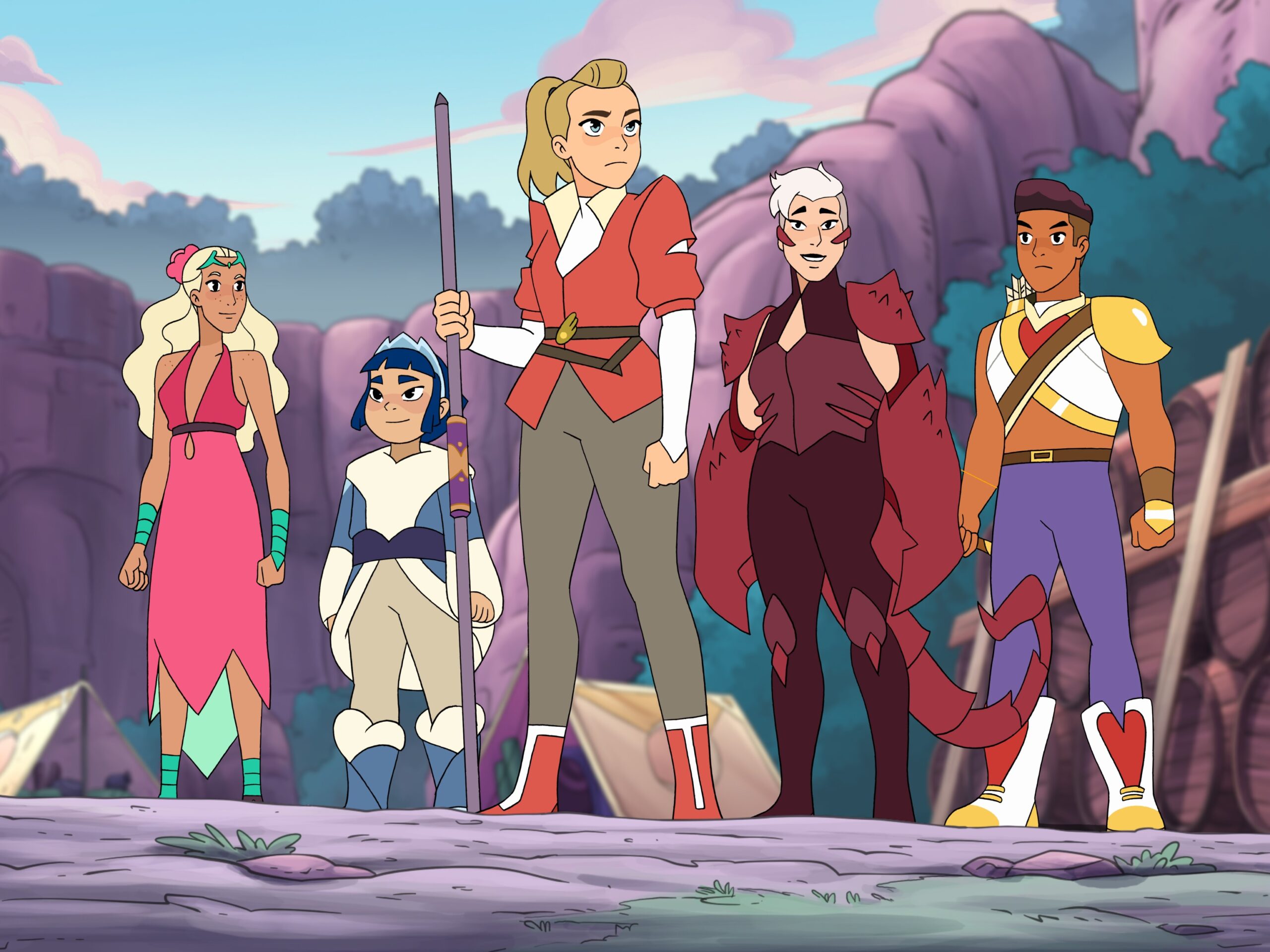By Maria-Nefeli Andredaki,
“And the prince took the princess by the hand, riding off into the sunset. The End!”
Does this remind you of anything? Does the above statement bring forth any memories of bedtime stories, full of traditional gender roles we have been force-fed since before we learned how to walk? Do any bells ring at the image of a well-dressed guy on a white horse, a (usually European and skinny) young woman of docile temperament, and an ending of these two getting married? If yes, congratulations! You have been brought up in a heteronormative world, full of stereotypes, rigidity, shame, and unacknowledged gender performativity!
No, but seriously, how many times will we have to encounter the same old trope of boy-meets-girl, boy-saves-girl, or even (and this is still considered progressive) girl-saves-boy, they fall in love and live happily ever after? With queer Netflix shows getting canceled every couple of months after just one season, with fanfiction enthusiasts taking matters into their own hands and creating queer stories of heterosexual book and TV characters and with trans and gay actors being unable to take up space in the discourse of representation, only to be replaced by their straight counterparts FOR trans and gay roles, the demand for explicit, thought-provoking and, honestly, simple everyday life depiction of queer lives is more needed than ever.
The “mean gay best friend of the popular girl” trope is not enough anymore. Nor is it a coming-out story where the parents kick out their child sufficient. Equality in representation is the portrayal of queer bodies and relationships in all scenarios, all aspects of life, exactly like cis-gendered straight people have been allowed to have since forever.
Why bother though, indeed? Why should we create such a revolutionary demand in media consumption? Well you, see, if you cannot immediately answer that, I beg you to lend me your ears. And I get it, no one wants to be told that they’re “privileged”, that they’ve “had it easy”, because it’s probably untrue. You do, however, have had the chance to recognize yourself or parts of yourself in a wide range of characters. You have had the opportunity to relate to different people, imagine what you would do in their shoes, find solutions to your problems or consolation just by watching or reading their stories.

Now try imagining your life without all that. This is why queer people insist on bringing their shows on prime time TV or advertise their books on billboards for everyone to see. It is because for a long, long time they have been fighting in the dark, with no one who looks or acts like them to turn to, no one who can advise them or, sometimes, even put a name to the struggle they experience. Think about the kids who cannot understand the disconnection they feel between their body and gender; the teenage girl who wants to get married but envisions a bride at the altar instead of a groom; the same-sex parents who need to work twice as hard to protect their children and provide their best in a predominantly nuclear family community. This is so much bigger than “having” to watch a Disney movie with a trans character or read fairy-tales about gay princesses as a straight person. And at the end of the day, no one’s forcing you. In fact, this “forcing” mentality is all wrong. It is about embracing everyone, creating a safe space of equality and respect, despite differences. Everyone can have their cake AND eat it too!
Oh and before you complain about the media turning our children gay… Okay Bob, I didn’t see “Friends” turn anyone straight and we’ve had what, like ten seasons of it? Just watch your white sitcoms and respect everyone’s space, it’s way easier than you think!
Reference
- RIP queer TV: Every LGBTQ+ show we’ve lost in recent memory. PinkNews. Available here




